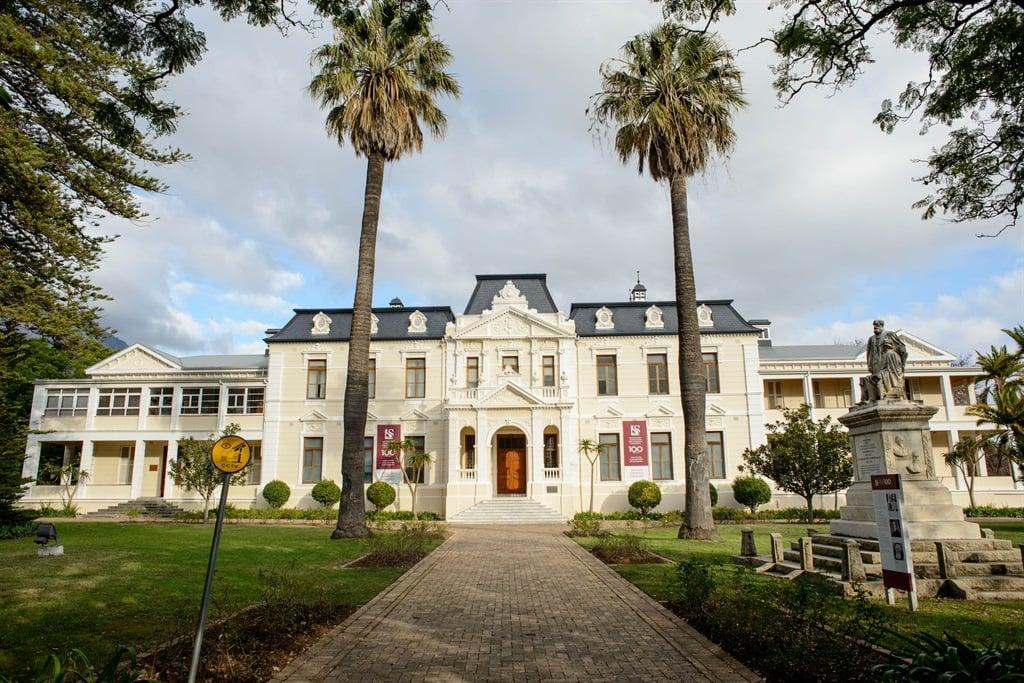
Africa-Press – South-Africa. Lobby group AfriForum has slammed Constitutional Court Judge Sisi Khampepe’s report into alleged racism at Stellenbosch University.
Part of the findings in Khampepe’s 184-page report recommended that the university should consider reviewing and revising its language policy to remove the possibility of language exclusion through the preference for Afrikaans.
AfriForum said it was concerned the use of a language could be held responsible for various behavioural problems and perceptions on campus.
It stated the language rights of Afrikaans speakers could not be denied in reaction to the misconduct of individuals.
Khampepe’s report followed an incident in May when former student Theuns du Toit was filmed urinating on first-year student Babalo Ndwayana’s desk and belongings at their Huis Marais residence.
Du Toit was later found guilty of contravening the university’s rules and expelled.
Khampepe said her findings on the university’s language policy should come as no surprise.
“Although the university’s commitment to multilingualism cannot be faulted in theory, the reality is that the historical preferences for Afrikaans endure at the university despite the language policy’s inclusion of English and isiXhosa.
“Moreover, complaints of racialised exclusion through the Afrikaans language came up repeatedly,” the report said.
Khampepe added students and staff members complained there was a cultural preference for Afrikaans, which made many black university staff and students feel unwelcome and excluded.
“It also divides communication and socialising along racial lines,” the report found.
AfriForum’s head of cultural affairs, Alana Bailey, said it was particularly alarming the use of a language could be held responsible for various behavioural problems and perceptions on campus.
“Much is made of the feeling of exclusion experienced by non-Afrikaans-speaking students and staff even when the language is used in informal conversations.
“Note that Stellenbosch is one of only two out of more than 30 campuses of public universities in the country where Afrikaans still plays a significant role as a language of instruction,” she said.
Bailey added Afrikaans-speaking students did not have alternative public institutions that would accommodate them when they were excluded based on their language.
She said the report’s recommendations on the language were “hazy”, starting with the statement that English was the preferred language at the university to promote inclusivity.
Khampepe said she was dubious about whether the current language policy benefitted the university as a whole.
She added the university should consider reviewing its language policy.
“It would be remiss of me not to caution the university that this process of review must pay careful attention to the negative duty on it, as a public university, to not deprive Afrikaans-speaking students of their enjoyment of the right to study in their preferred language without appropriate justification,” the report said.
In March last year, News24 reported the university’s senate accepted a recommendation from its academic planning committee that it deviated from the faculty’s language implementation plans for the first semester of this year.
This allowed lecturers to only make new learning material available in English and not in Afrikaans, as stipulated in the university’s current language policy.
“The term ‘appropriate justification’ is so vague that any motivation can be used to summarily deprive Afrikaans students of their right to mother-language education – contrary to what is guaranteed in the Constitution,” Bailey said.
For More News And Analysis About South-Africa Follow Africa-Press





